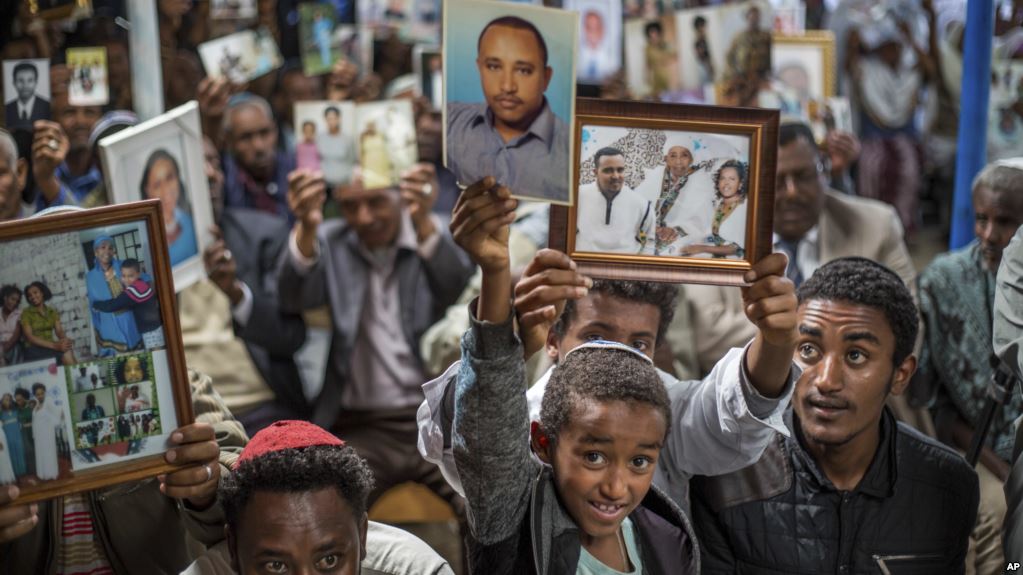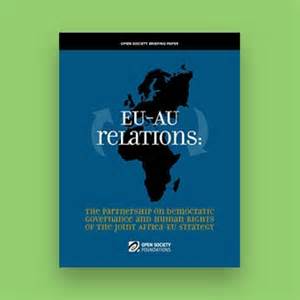
President Macron’s to East Africa is also to counter China influence
President Macron’s visit to East Africa is also to counter China influence
French President Emmanuel Macron is heading to East Africa late Monday, on a three-nation trip aimed at expanding French military, business, cultural and environmental ties on the continent and countering newer players in the region, starting with China, the VoA has said.
The platform said a subtext of Macron’s trip is the growing clout of other foreign powers in Africa, starting with China. “Macron in Djibouti to counter China’s growing influence,” read Monday’s headline in France’s conservative Le Figaro newspaper, echoing others.
“Beyond a stop in former French colony Djibouti, Macron’s four-day visit includes two rising Anglophone powerhouses, Ethiopia and Kenya — where his visit to Nairobi will be a first by a French president since Kenya’s 1963 independence.
It will also give a nod to other important players, with meetings expected in Ethiopia between Macron and African Union Commission chairman Moussa Faki Mahamat, and in Kenya with newly elected Congolese president Felix Tshisekedi, whose controversial December win was initially criticized by France”, it added.
More broadly, it picks up a fundamental theme of Macron’s presidency — reasserting French influence on the world stage, starting with Africa — at a time when he is dogged by problems at home.
“From the start of his presidency, Macron and his team have always made it clear that Africa as a whole is regarded as a priority continent of engagement,” said Paul Melly, a specialist in French-Africa policy at London-based think-tank Chatham House.
After first focusing on France’s traditional ties in primarily francophone West Africa, particularly the restive Sahel region, Macron is now rolling out a second phase of his Africa policy, Melly said, aimed “to put some serious economic effort in the east and the south of the continent.”
Goodbye yellow vests — hello Djibouti
The trip is also the French president’s first extended overseas visit in weeks, following November’s yellow vest uprising. The crisis has subsided for now, and Macron’s approval rating is on the rise after having launched a lengthy national ‘Great Debate’ as a stop-gap measure. Still, a permanent exit strategy remains elusive.
The plane ride to East Africa should give him time to consider “that for the Great Debate, as for airline travel, what counts is the landing,” France’s Le Dauphine Libere wrote in an editorial.
Like recent French presidents, Macron has called for opening a new chapter in French-Africa relations, proclaiming that France-Afrique, a term referring to shadowy business and political ties with former colonies, is old history. Still his first stop is to a familiar country, Djibouti, where he meets longtime leader, Ismail Omar Guelleh, and visits France’s biggest military base in the world.
With its strategically located port, the tiny Horn of African nation is also in hot demand by other nations, hosting a raft of military bases, including the only permanent US base in Africa, and China’s first overseas base.
In an OP-ED carried in the French daily L’Opinion, Djibouti’s ambassador to France, Ayeid Mousseid Yahya, hailed Macron’s visit to Djibouti — only the second by a French president in 20 years — as “an important moment to relaunch strategic ties.”
“It would be very strange if a French president didn’t visit Djibouti” during a trip to the region, Melly said, suggesting the stopover to see French soldiers gives Macron a pretext “without being seen as giving too much of an endorsement” to authoritarian Guelleh.
Cultural ties on spotlight in Ethiopia
A very different agenda and political landscape await Macron in Ethiopia, one of Africa’s most populous and fastest growing countries, which has seen dramatic reforms under Prime Minister Abiy Ahmed. In both Ethiopia and Kenya, he greets countries in mourning following Sunday’s crash of an Ethiopian Airlines plane heading to Nairobi.
Ethiopia “awaits Macron with impatience,” Ethiopia’s first female president and former ambassador to France, Sahle-Work Zewde, told France’s TV5Monde news channel, calling for a reinforcement of “secular ties” with France.
In the ancient town of Lalibella, renowned for its ancient rock-hewn churches, the president is expected announce French support for Ethiopian cultural conservation efforts — echoing a theme aired early on in his presidency, when Macron vowed to return looted artifacts to former francophone colonies.
“It’s a cultural outreach to Africa which, at the moment, other western countries are lagging behind,” said Melly of Chatham House. “This sort of cultural diplomacy, recognizing the inherent value of your counterpart’s culture, matters.”
Ethiopia is also a key French export market, and Macron will be accompanied by dozens top business leaders for both the Ethiopian and Kenyan legs of his journey. Beyond a defense agreement signed between Addis Ababa and Paris, business deals are expected to be cinched in both countries, including more than $3 billion worth of contracts in Kenya.
China in background
A subtext of Macron’s trip is the growing clout of other foreign powers in Africa, starting with China. “Macron in Djibouti to counter China’s growing influence,” read Monday’s headline in France’s conservative Le Figaro newspaper, echoing others.
To be sure, China has secured contracts to build Djibouti’s port, railway to Ethiopia and soon-to-be economic zone. It set up its first military base overseas in the country in 2017, and currently sells more weapons in sub-Saharan Africa than any other nation, according to The Economist.
But while China is a sizable foreign investor whose expansion in Africa worries traditional players, analyst Melly believes France and other Western countries have an edge in other ways. While China may cinch infrastructure development contracts, for example, French businesses may later land contracts to manage projects when they’re up and running.
“A strong point is that conditions attached to western engagement are predictable,” Melly said, said of French and other aid. “They’ve very public and out there. Sometimes African governments like to work with clarity.”
“You don’t counter Chinese strategic influence by trying to block it” in Africa, Melly added. “You balance it by remaining engaged.”
Development and environment
Macron appears to be following this thinking. Since taking office nearly two years ago, he has visited Africa multiple times. As president, he set a goal to sizably increase official development aid to 0.55 percent by 2022, a years-long high for France — albeit still below the 0.7 percent international target.
“The challenge will be to use this power wisely and to ensure that aid increases are not only invested as effectively as possible to fight extreme poverty, but also to help mobilize other actors,” Friederike Röder director of anti-poverty advocacy group One France, wrote in an editorial last year.
In Kenya, Macron also gets to burnish his green credentials, as he joins President Uhuru Kenyatta in opening the third edition of the One Planet Summit — an initiative Macron launched in 2017 to drive a global fight against climate change.
The gathering promises to offer a positive counterpoint to France, where the French leader has been sharply criticized by environmental groups for failing to put his climate-friendly rhetoric into action. (DAN with VoA reports)




Recent Comments